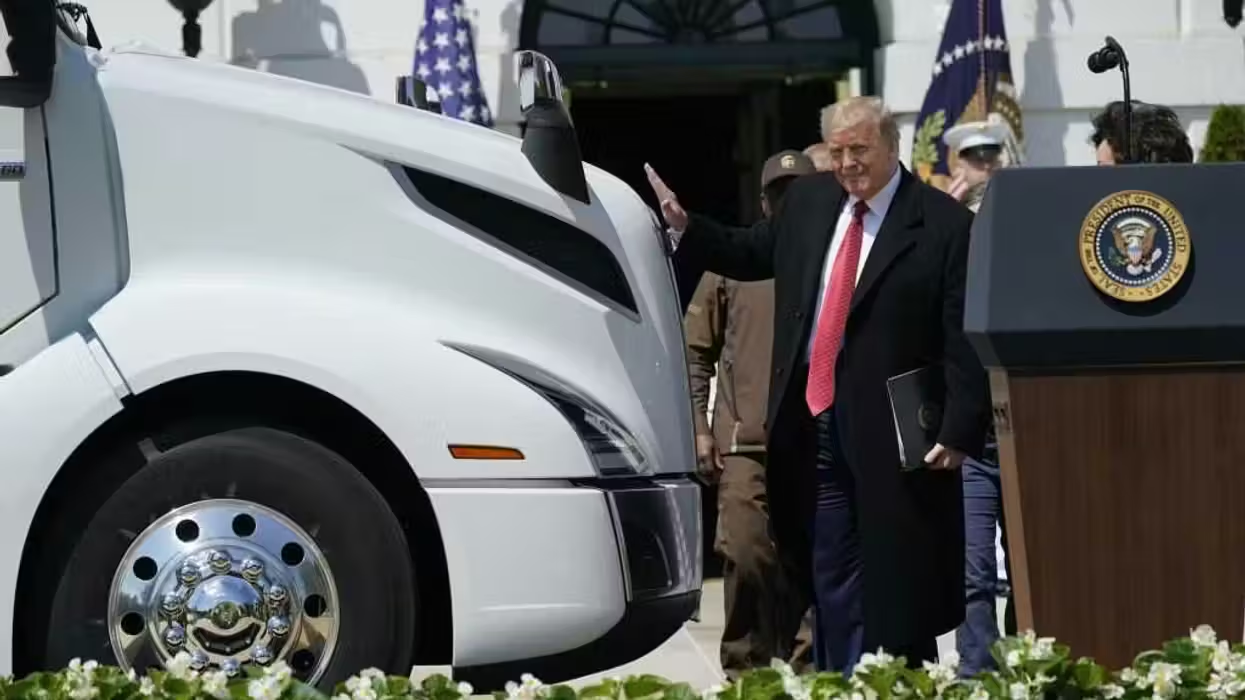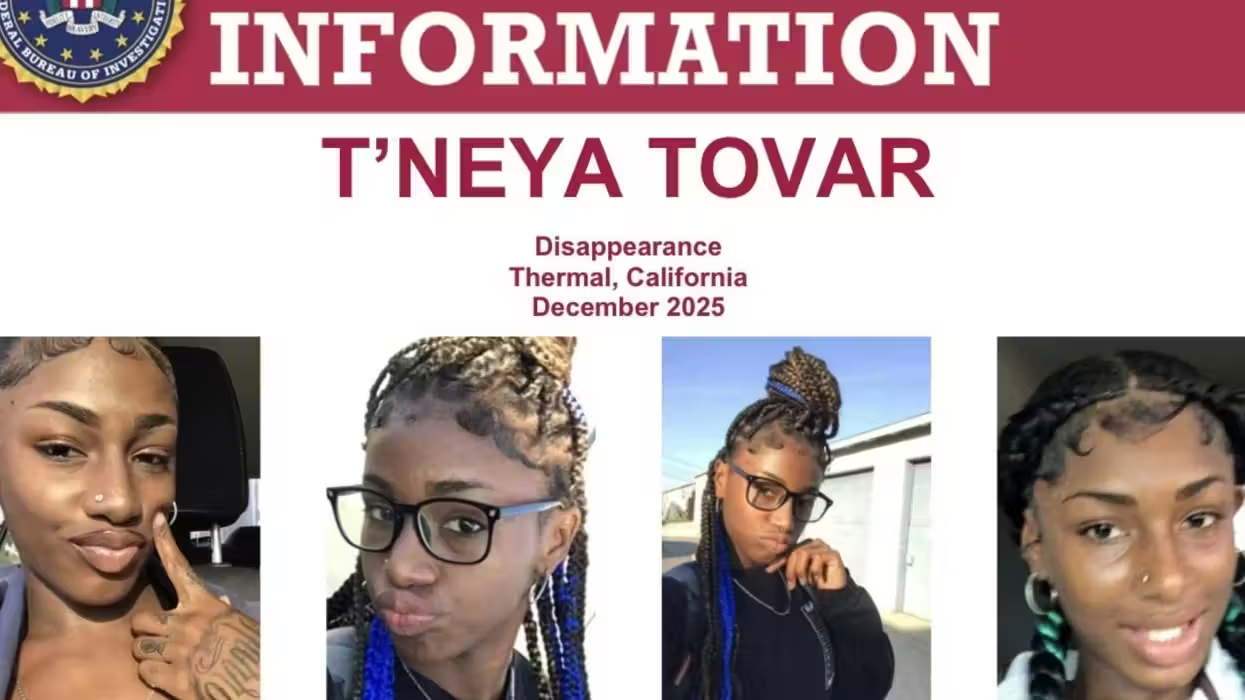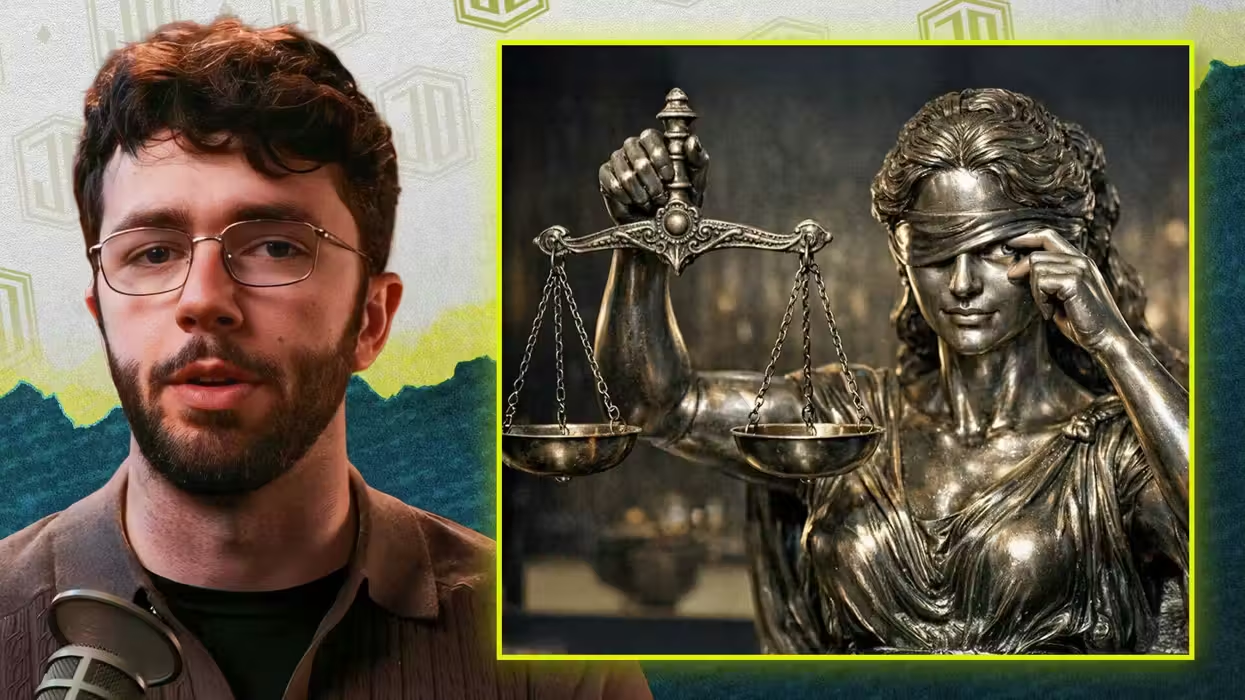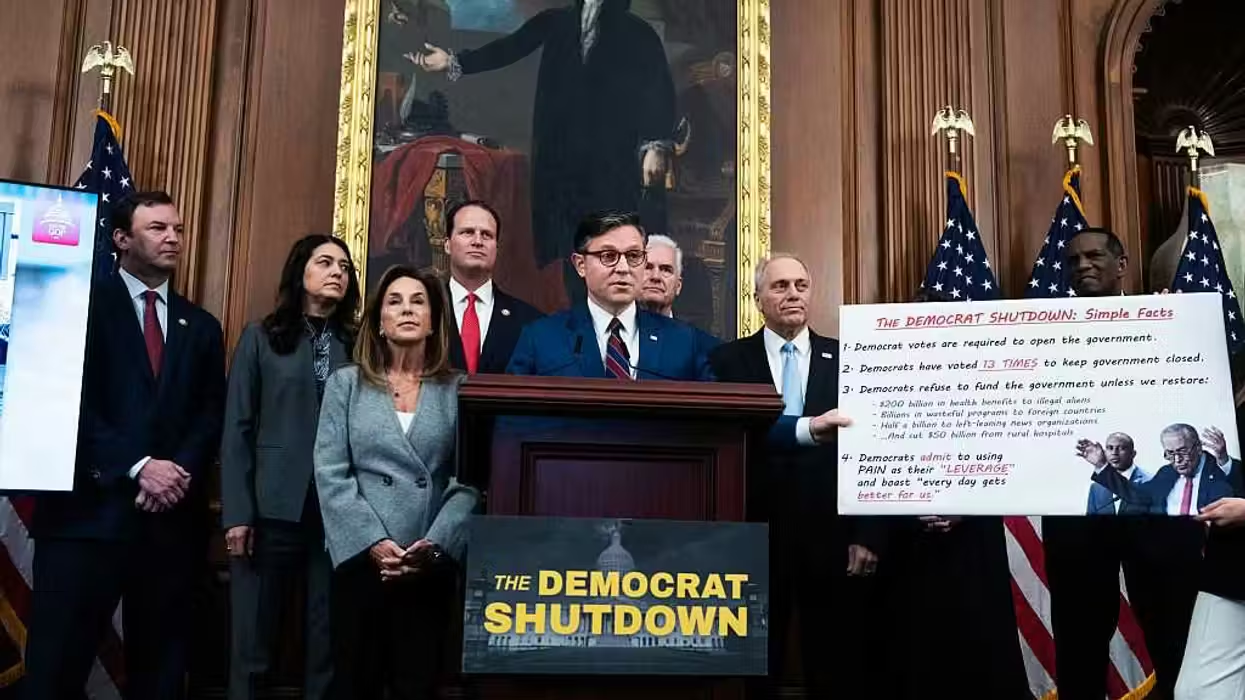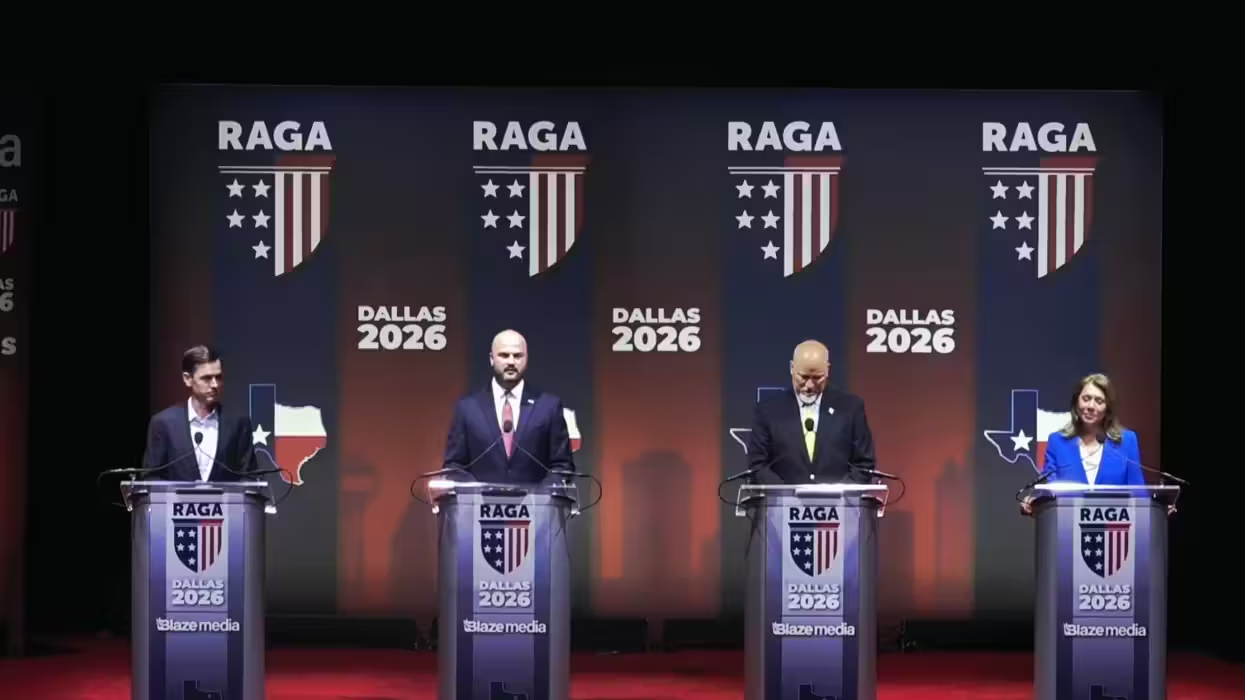As China opened the World Internet Conference, Internet companies said the host country's censors had instituted new blocks to several popular websites — a kind of censorship that one technology expert said the U.S. could potentially see if President Barack Obama gets his way on Internet regulation.
Obama last week called for the Federal Communications Commission to classify broadband Internet as a public utility under Title II of the Telecommunications Act, reiterating his support for net neutrality, which would require that all Internet traffic be treated equally.
 AP
AP
"Obama's call for the FCC [to classify Internet as a public utility] is the first time -- that I'm aware of -- that a president has told the FCC, which is supposed to be an independent agency, what to do," Berin Szoka, the president of TechFreedom, told TheBlaze. "Which is important, because internationally, we've been going all around the world telling countries how vitally important it is that their telecom regulator be independent from the government -- it's just like the World Bank, except here we're not just worried about financial policy, we're worried about censorship."
Szoka said Obama's call to the FCC "takes some gall."
"What the Chinese are doing right now should just remind everybody why it's important to have [an] independent telecom regulator that isn't subject to political pressure, which the Chinese don't have. And that's the whole problem," he said
Szoka said Obama's goal is "precisely what the Chinese and Russians want."
The World Internet Conference brings together many of the world's top technology companies, but China has targeted content delivery networks that serve much of the Internet.
EdgeCast, an affiliate of Verizon, said censors took down several networks that provide local servers to help speed website performance. EdgeCast clients include software company Mozilla, publishing company the Atlantic and content management system Drupal, according to the Associated Press.
China has thousands of censors who block hundreds of websites and erase social media messages about certain political topics.
Though the country temporarily lifted notorious blocks on sites like Facebook, YouTube and Twitter for the Internet conference — opening a crack in the "Great Firewall" for Nov. 19 through Nov. 21 — outside of the conference, China increased its filtering of Web content with the blocks to the content delivery network. Verizon said in a blog post Monday that domains were partially blocked or affected "with no rhyme or reason as to why." The blocks to Chinese customers create performance problems and cause frustrations for "the whole content delivery and hosting industry," the company said.
Szoka explained China's ability to randomly censor Web sites and shut down domains could become a problem in the United States.
"This is the whole fight about Internet governance, they are trying to shift Internet governance from [the Internet Corporation for Assigned Names and Numbers], which is multi-stakeholder and governments have diffuse influence," Szoka said. "They don't like that, they want to shift it to the [International Telecommunications Union] which is one country, one vote."
Szoka said that the ITU, an order of the United Nations, coordinates international telecom regulation (it was set up in the 19th century to coordinate telegraphs). So subjecting U.S. broadband to international telecom regulations would mean exporting control of Internet governance.
"This would undermine our ability to say to the rest of the world that broadband should not be regulated like telecom," he said. "Bottom line is, Title II is a bad idea, and what's going on in China right now should remind us of that."
The Associated Press contributed to this report.

 AP
AP

